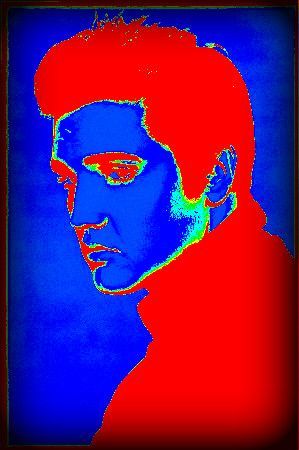Pop Songs Help Brain-Injured Patients Remember: Study Shows Music Is A 'Powerful Stimulus'

There’s something about a popular song that always conjures up memories and emotions when we listen to it — even when our memory fails to serve us as well as it used to.
A recent study in Neuropsychological Rehabilitaton found that patients with severe brain injury were still able to experience so-called "music evoked autobiographical memories" (MEAMs) just as strongly as healthy people. The patients had these music-induced flashbacks despite having impaired verbal or visual memory.
"This is the first study to show that music can bring to mind personal memories in people with severe brain injuries in the same way that it does in healthy people," Amee Baird, study lead author and clinical neuropsychologist at Hunter Brain Injury Service in Australia, told HealthDay. "This means that music may be useful to use as a memory aid for people who have difficulty remembering personal memories from their past after brain injury."
Baird and her team looked at five patients who had trouble remembering various aspects of their lives. One person, for example, couldn’t remember much of his life after getting severely injured in a motorcycle accident while another had permanent brain damage from a lack of oxygen after an attempted suicide. Baird played 50 songs that had topped the Billboard Chart Hot 100 from 1961 to 2010 with the songs depending on the age of the patient; the earliest song must have occurred when a patient was 5 years old.
Patients filled out a questionnaire while listening to the music, which used a 5-point scale to gauge the song’s familiarity, whether the song evoked any memory and whether the memory was good or bad. They were also asked to describe the memory and rate how well they could put themselves back into it.
Baird described to HealthDay about often seeing the patients have a strong emotional reaction to the music and often associating the tunes with certain memories. “These reactions show that music is a powerful stimulus for eliciting emotions, both positive and negative, and I believe this is the reason that it is so efficient at activating memories," she said.
One of the five cases that were studied, though, failed to experience any MEAMs when exposed to the Billboard music or even to music selected by family members. But the authors noted that this patient was unable to recall any autobiographical incidents from any period in his life and also had impaired sense of pitch. This could explain why he was able to sing along (in an out of tune fashion) with certain songs but rate them as unfamiliar.
Altogether, the study authors pointed out the therapeutic potential of music for patients with various neurological conditions, such as Alzheimer’s disease. They suggest that familiar music could improve such things as verbal memory, sense of orientation and remembering instances in their lives. In fact, one study they mentioned found that patients with Alzheimer’s dementia had memories that were more specific, occurred more quickly, and were more emotionally poignant when recalled in a “music condition.” Even MEAM narratives have been found to have content that is grammatically more complex and of greater specificity compared to those that were evoked during silence.
The study also showed how deeply entrenched music is embedded in our memory and is less vulnerable to cerebral injury compared with verbal and autobiographical memory. “The mechanism underlying this is not fully understood but is most likely related to the emotional power of music,” the authors conclude.
Source: Baird A, Janata P. Music evoked autobiographical memory after severe acquired brain injury: Preliminary findings from a case series. Neuropsychological Rehabilitation. 2013.



























